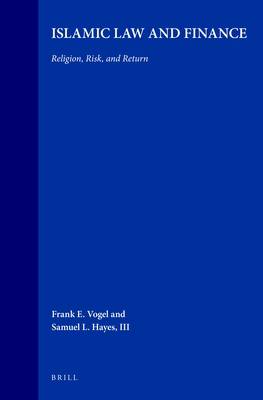
- Afhalen na 1 uur in een winkel met voorraad
- Gratis thuislevering in België vanaf € 30
- Ruim aanbod met 7 miljoen producten
- Afhalen na 1 uur in een winkel met voorraad
- Gratis thuislevering in België vanaf € 30
- Ruim aanbod met 7 miljoen producten
Zoeken
Omschrijving
Mirroring the expansion of wealth in the Middle East and Asia and a surge in Islamic self-identity, Islamic banking practices have either become the law of the land or coexist and compete with Western practices in at least six countries. A growing number of institutions and mutual funds (akin to Western ''socially responsible'' funds) have established Islamic investment and other practices to cater to this burgeoning market. Because of its prevalence, practitioners in every banking-related area must familiarize themselves with current Islamic finance practices in order to do business with Muslim clients and to engage in cross-border financing. Injunctions from the Qur'an and the sayings of Prophet Muhammed have generated a web of interrelated norms which prohibit Islamic financiers from engaging in transactions that involve interest (riba) and speculation (gharar). Islamic Law and Finance describes the dynamic set of Islamically-sanctioned ways financiers can transacat business.
Specificaties
Betrokkenen
- Auteur(s):
- Uitgeverij:
Inhoud
- Aantal bladzijden:
- 348
- Taal:
- Engels
- Reeks:
- Reeksnummer:
- nr. 16
Eigenschappen
- Productcode (EAN):
- 9789041106247
- Verschijningsdatum:
- 1/01/1998
- Uitvoering:
- Paperback
- Formaat:
- Trade paperback (VS)
- Afmetingen:
- 159 mm x 237 mm
- Gewicht:
- 498 g

Alleen bij Standaard Boekhandel
+ 283 punten op je klantenkaart van Standaard Boekhandel
Beoordelingen
We publiceren alleen reviews die voldoen aan de voorwaarden voor reviews. Bekijk onze voorwaarden voor reviews.








